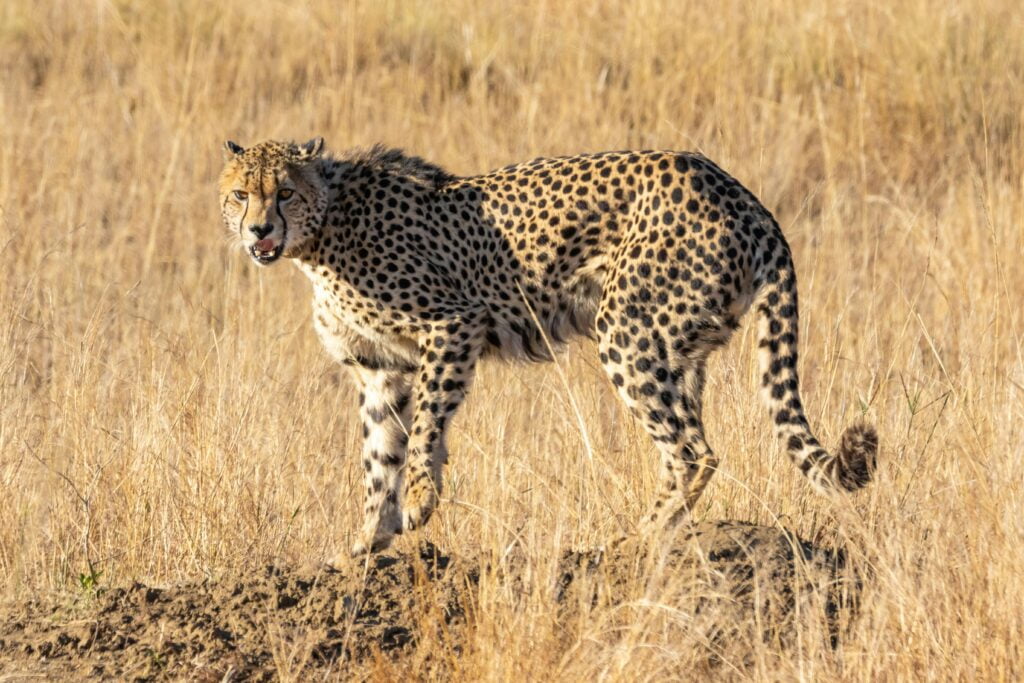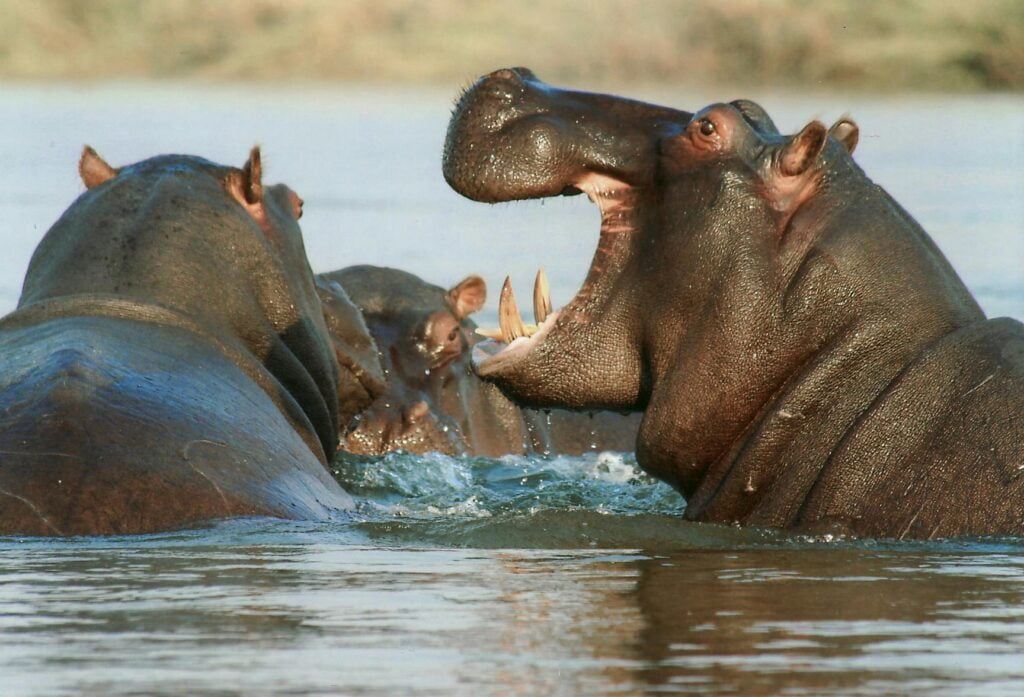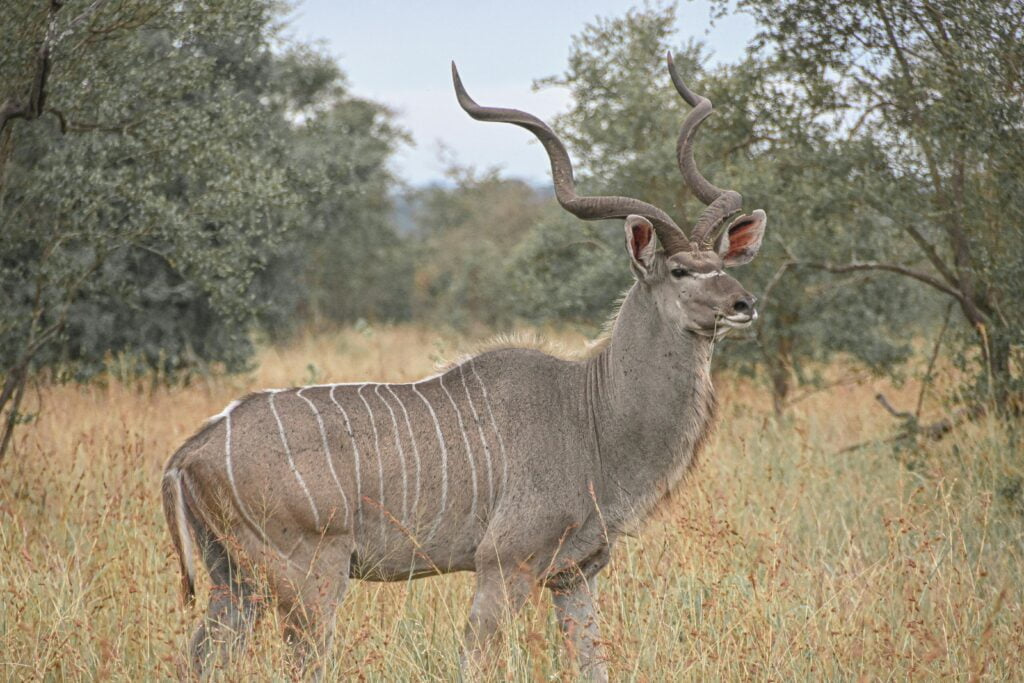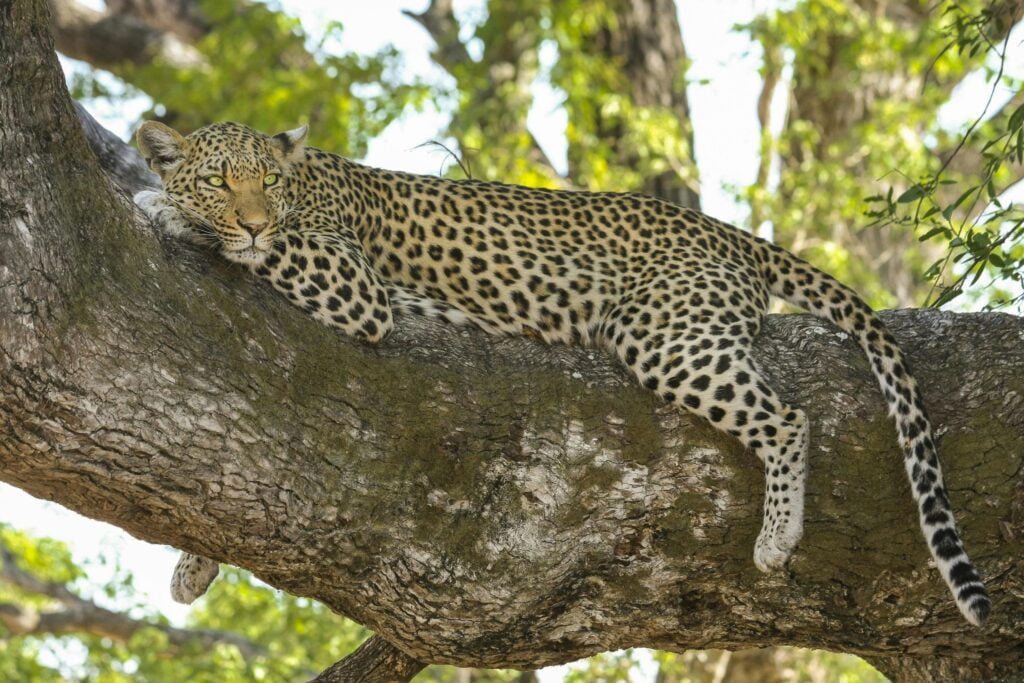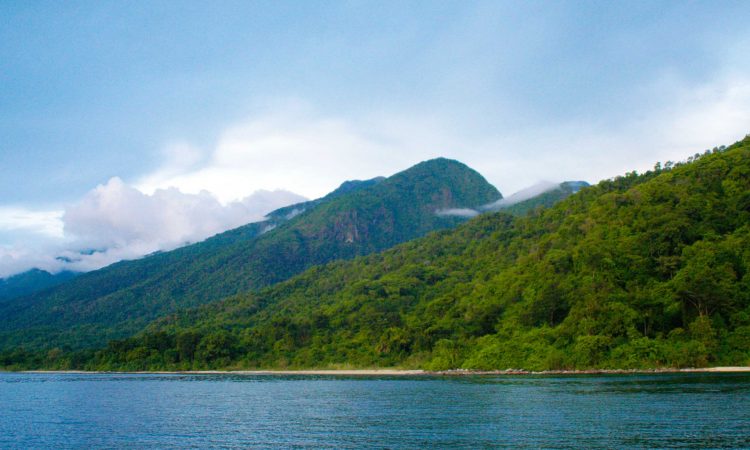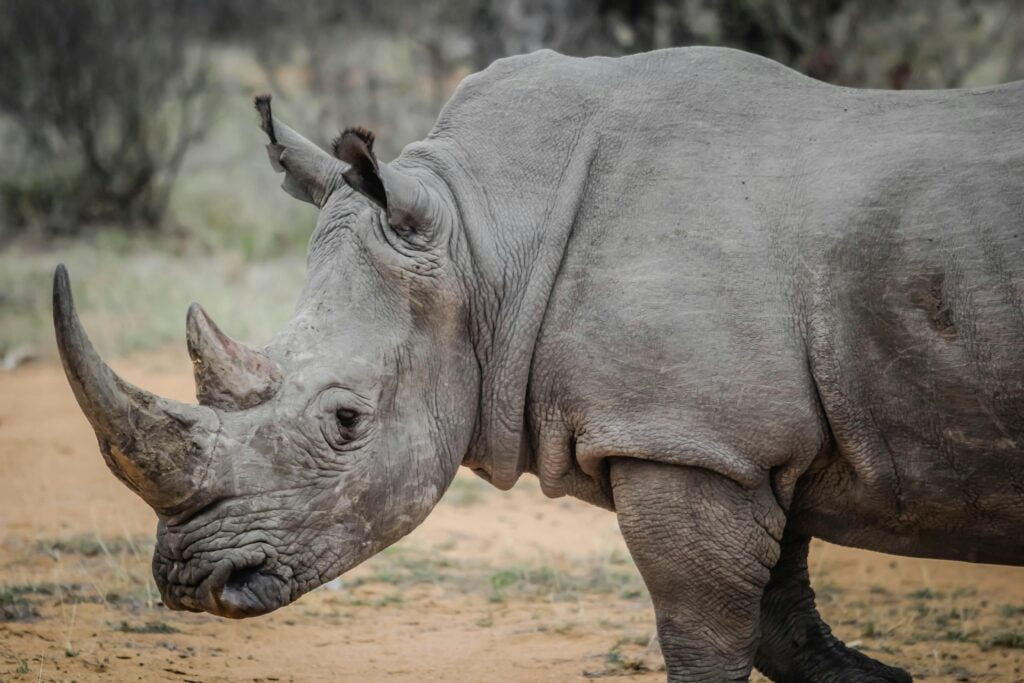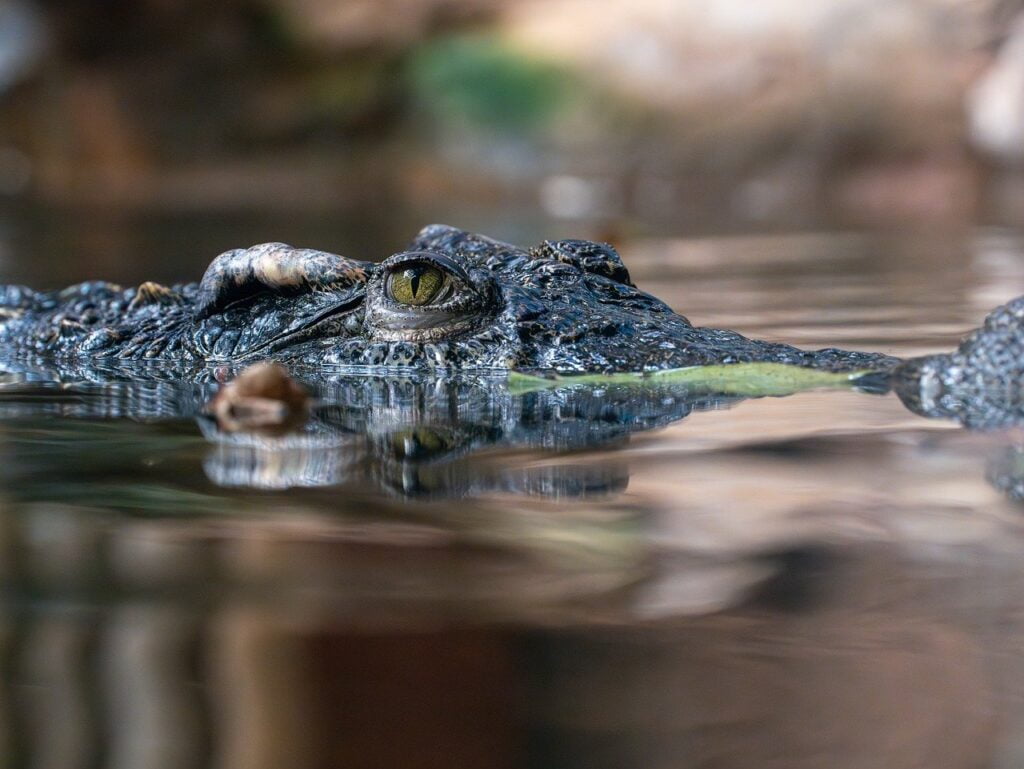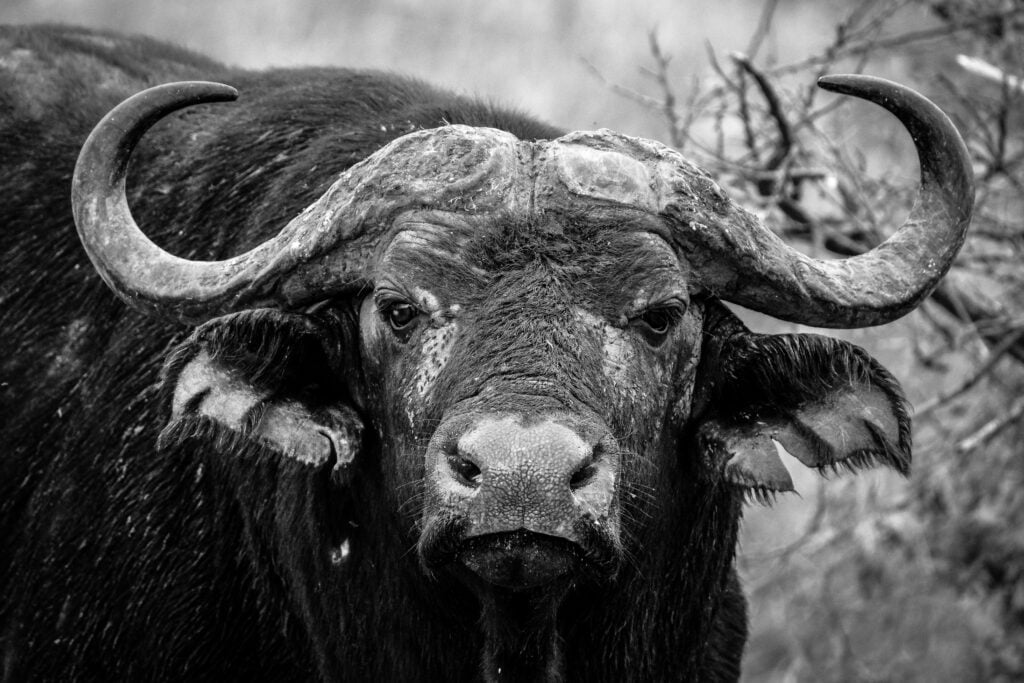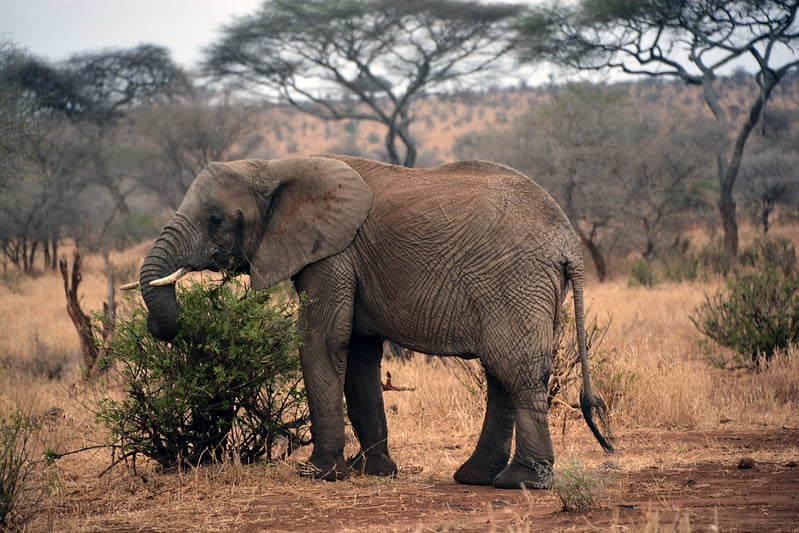Top 3 Luxury Safari Lodges in Tanzania | Exclusive Stays in the Wild
Picture this: waking up to the golden hues of the Serengeti sunrise, sipping your morning coffee on a private veranda while a lioness lounges lazily nearby. Sounds like a dream, right? Welcome to the world of Luxury Safari Lodges in Tanzania, where opulence meets untamed wilderness for an adventure you’ll never forget. Whether you’re a seasoned explorer or a first-time safari-goer, Tanzania’s top-tier lodges offer the perfect mix of plush comfort and exhilarating escapades. Let’s dive into some of the best spots where luxury and adventure dance hand in hand! Why Tanzania’s Safari Lodges Are Simply Irresistible Tanzania is like that friend who’s always up for an adventure but never forgets to bring snacks and cozy blankets. Its diverse landscapes—from the sprawling Serengeti plains to the mystical Ngorongoro Crater—are the perfect playgrounds for luxury lodges designed to make you feel both pampered and wildly adventurous. Here’s what makes these lodges stand out: Lavish Living Spaces Imagine spacious suites or glamping tents that feel like a five-star hotel but with a dash of wild charm. Think comfy beds, stylish decor blending local artistry with modern flair, and private balconies offering jaw-dropping views of nature’s wonders. Some lodges even throw in private plunge pools or open-air lounges where you can sip your evening drink under a blanket of stars. Mouthwatering Meals Get ready to treat your taste buds! These lodges boast world-class dining that’s as adventurous as your safari game drives. Whether it’s a hearty breakfast with a side of gazelle sightings or a gourmet dinner served under the twinkling African sky, the culinary experiences are nothing short of spectacular. And yes, there’s fine wine and locally brewed delights to complement every meal. Service with a Smile Ever stayed somewhere where the staff remembers your name and your favorite drink? Luxury safari lodges in Tanzania take personalized service to the next level. From arranging bespoke game drives to offering relaxing spa treatments, every detail is meticulously handled to ensure your stay is smooth and memorable. Top Luxury Safari Lodges in Tanzania You’ll Want to Book ASAP Singita Grumeti Reserves Nestled in the heart of the Grumeti Conservancy, Singita Grumeti Reserves are the epitome of luxury and sustainability. Picture elegant lodges that blend seamlessly into the landscape, offering exclusive game drives, thrilling hot air balloon safaris, and cultural excursions. It’s luxury with a side of adventure—how cool is that? Four Seasons Safari Lodge Serengeti If royalty had a favorite safari spot, it might just be the Four Seasons Safari Lodge Serengeti. With panoramic views of the endless Serengeti plains, a stunning infinity pool, and multiple dining venues, this lodge is all about the wow factor. Guided game drives, cultural tours, and visits to nearby wildlife reserves ensure your adventure is packed with excitement. &Beyond Ngorongoro Crater Lodge Perched majestically on the rim of the Ngorongoro Crater, this lodge offers views that will make your jaw drop. The design nods to Maasai traditions, and the interiors scream luxury. Explore the crater’s rich ecosystems, join in on conservation efforts, and indulge in top-notch dining and wellness facilities. It’s a perfect blend of nature and luxury. Kilindi Zanzibar Want to mix safari thrills with beach chills? Kilindi Zanzibar is your go-to. This boutique lodge on Zanzibar Island offers lavish accommodations right by pristine beaches. Start your day with a game drive and end it with a sunset dhow cruise, spa session, or gourmet meal by the sea. It’s the best of both worlds! Where Adventure Meets Plush Comfort These luxury lodges aren’t just about looking good—they’re about feeling good while diving into adventure. Here’s how they nail that perfect balance: Tailored Safari Experiences From the moment you step foot on Tanzanian soil, your adventure is curated to perfection. Expert guides lead you on thrilling game drives where you might witness the Great Migration, spot the elusive Big Five, or stumble upon hidden wildlife gems. Whether you’re tracking predators or bird-watching, every moment is packed with excitement. Relaxation, Redefined After a day of adrenaline-pumping adventures, these lodges are your personal sanctuaries. Think world-class spas offering massages with local ingredients, serene yoga sessions, and infinity pools that seem to merge with the horizon. It’s all about unwinding in style. Dive into Local Culture A safari isn’t just about the animals—it’s also about connecting with the people and their cultures. Many lodges offer cultural activities like visits to Maasai villages, traditional dance performances, and interactions with local artisans. It’s a fantastic way to enrich your adventure and create meaningful memories. Eco-Friendly Luxury: Travel with a Conscience Worried about your environmental footprint? Don’t be! Tanzania’s luxury safari lodges are champions of sustainable tourism. From using solar power and conserving water to supporting local communities and wildlife conservation projects, these lodges ensure that your luxury stay also benefits the planet and its people. So, you can indulge guilt-free! Ready to Embark on Your Luxury Safari Adventure? Planning your dream safari in Tanzania is easier than you think. Here are some handy tips to get you started: Pick Your Perfect Lodge Think about what excites you most—whether it’s thrilling game drives, cultural immersions, or beach relaxation. Choose a lodge that aligns with your interests and offers the amenities and activities you crave. Time It Right Tanzania is a year-round paradise, but the best time depends on your safari goals. Catch the Great Migration from June to October, enjoy prime game viewing during the dry season (January to March), or soak up the sun on Zanzibar’s beaches between June and October or December to February. Pack Smart Make sure you’re prepared for both adventure and relaxation. Pack neutral-colored outfits for safari, sturdy footwear, sun protection, and, of course, your camera to capture all those unforgettable moments. Book Early These luxury lodges are hot commodities, especially during peak seasons. Secure your spot by booking well in advance, and consider reaching out directly to lodges or trusted travel agents to tailor your experience just the way you like it. Let the Adventure Begin! Tanzania’s
Top 3 Luxury Safari Lodges in Tanzania | Exclusive Stays in the Wild Read More »


